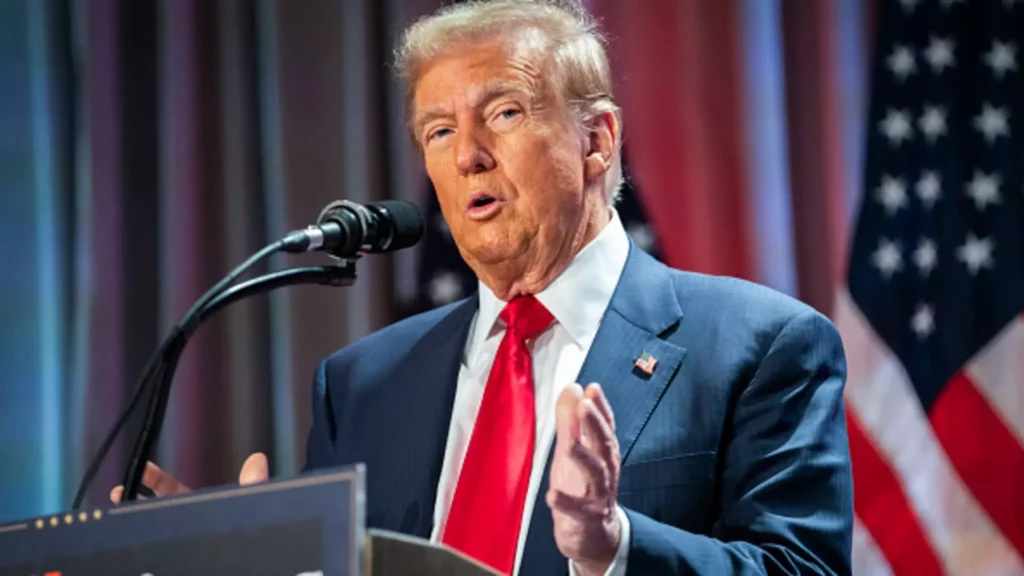In the wake of President-elect Donald Trump’s proposed tariff policies, investors find themselves at a crossroads of potential risk and opportunity. Money manager John Davi, the CEO and chief investment officer of Astoria Portfolio Advisors, emphasizes that the incoming administration’s approach could significantly influence market dynamics. His concern centers on the inflationary pressure these tariffs might exert on the economy, prompting a careful selection of investments. Given that tariffs typically lead to increased costs for consumers and businesses alike, the importance of identifying resilient sectors cannot be overstated.
Davi advocates for investing in small-cap industrials over their large-cap counterparts, arguing that smaller companies may be better positioned to thrive under a pro-growth, domestic policy agenda. This sentiment resonates particularly in light of the Russell 2000 index’s positive performance post-election, surging by approximately 4%. Small-cap stocks often benefit more directly from domestic economic developments, making them attractive in a potentially inflationary environment where larger corporations might struggle under increased costs from tariffs. As Davi points out, the shift toward small-cap investments reflects a strategic move towards sectors that could harness domestic growth, particularly as infrastructure initiatives gain traction.
Davi remains optimistic about the U.S. market despite tariff uncertainties, positioning his portfolio strongly within domestic investments. With $1.9 billion in assets under management, Astoria’s focus reflects confidence in the American economy’s resilience and potential for growth. This strategy, according to Davi, aligns with the anticipated political landscape over the next two years as Trump aims to establish a narrative centered on economic expansion and job creation. Acknowledging that the landscape could change drastically come midterm elections, Davi’s advice to investors is to remain vigilant and adaptable.
Conversely, Davi issues a cautionary note regarding fixed income investments. With the increasing budget deficit posing challenges, the landscape for bonds appears less favorable. The benchmark 10-year Treasury yield has surged by 3% since the election, indicating rising interest rates that typically correlate with declining bond values. Davi’s warning serves as an important reminder for investors who might be lulled into a false sense of security by previously low yields. As the financial environment evolves with shifting fiscal policies, recognizing the implications for fixed income assets becomes crucial.
As investors navigate the complexities of a changing political environment, the insights from John Davi offer a roadmap. By focusing on small-cap investments and staying grounded in the domestic economy, investors may find advantageous positions amidst the tumultuous backdrop of tariff discussions and potential inflation. However, vigilance is essential, especially regarding fixed income choices, as higher yields may signal challenges ahead. The interplay between politics and markets will be a defining factor in investment strategies, and adapting to these changes will be key for sustained success.

